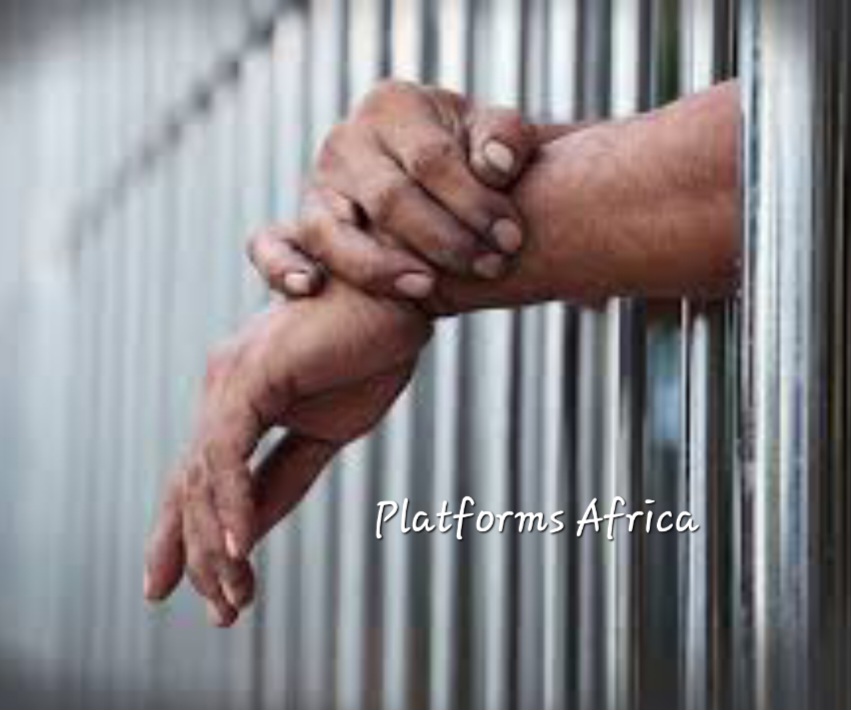President Muhammadu Buhari has announced the scraping of the Power Assistance Fund (PAF) domiciled in the Central Bank of Nigeria (CBN) and targeted at supporting tariff shortfalls, as well as other interventions in the power sector. A document made available to the Senate revealed that the interventions had gulped a whopping N1.8 trillion since the beginning of power privatisation on November 1, 2013.
Buhari, who made this announcement in Lagos, during the commissioning of the power system’s Supervisory Control and Data Acquisition (SCADA) project centre put in place by Eko Electricity Distribution Company (EKEDC), declared that all “such interventions can no longer be extended as they are no longer sustainable and must be phased out to promote the sector’s financial independence.”
Represented by the Minister of Power, Saleh Mamman, the president described the newly commissioned technology as the first functional SCADA in West Africa.
The centre for SCADA, one of the most advanced technologies in the power distribution business globally, was put in place by Eko Electricity Distribution Company (EKEDC). Buhari declared optimism that the system would translate to improved service delivery to customers within EKEDC’s network.
The president added that the commissioning of the SCADA system “will help EKEDC monitor and respond quicker to faults and reduce the outage durations which would improve the quality of service to customers.”
This system, the president continued, at the event also attended by the Governor of Central Bank of Nigeria (CBN), Godwin Emefiele; Chairman, Nigerian Electricity Regulatory Commission (NERC), Professor James Momoh – who joined via Zoom; and the Chairman of EKEDC, Charles Momoh, and Managing Director of the utility firm, Adeoye Fadejobi, “will help EKEDC meet its set objectives under the recently executed Service Level Agreements with the Transmission Company of Nigeria (TCN).
He said: “This project will provide access to real time data that enables distribution system operators to make informed decisions that improve reliability and availability, consistent with the targets of the servicebased tariff (SBT) regime.
“I acknowledge the Central Bank of Nigeria’s (CBN) financial support towards this project through the Nigeria Electricity Market Stabilisation Facility (NEMSF) granted in 2015. This facility significantly led to the successful completion of this project.
“My administration remains committed to addressing the liquidity challenges which are adversely affecting the power sector’s viability. We noted with grave concern the increased fiscal burden on the Federal Government, occasioned by the tariff shortfalls in the power sector, which are no longer sustainable. My efforts, via the CBN’s Power Assistance Fund (CBN PAF), are targeted at supporting tariff shortfalls. Such interventions can no longer be extended and must be phased out to promote the sector’s financial independence.
“We are also aware that these tariff shortfalls sit on DisCos’ book and impair their ability to raise capital and invest.
“The Federal Government is working assiduously to address these financial and fiscal challenges through various programmes such as the National Mass Metering Program (NMMP), the Siemens AG Power Project and the World Bank Distribution Sector Recovery Programme (DISREP) etc.
“These efforts by my administration are geared towards integrated resource planning in the Nigerian Electricity Supply Industry (NESI). We must ensure that there is an alignment of capacity and attraction of investments across the generation, transmission and distribution components of the power sector’s value chain.
“On the part of the consumers, I wish to call on the valued customers of all Dis- Cos to desist from tamper-ing with electricity meters. This is not only on account of protecting the revenues of DisCos, but also related to the safety of customers as there have been reports of consumers losing lives in the course of by-passing meters.
“The Federal Government reaffirms its commitment to ensuring that electricity gets to the homes and businesses of all Nigerians, whether unserved or underserved.
In the area of off-grid electricity supply, the Federal Government recently unveiled the 5 million solar connection programme, through the CBN’s Development Finance Department and this application is still open.
“Upon completion, the five million solar connection programme will expand energy access to 25 million individuals by providing five million new connections through the provision of solar home systems (SHS) or construction and operation of mini grids and increase local content in the off-grid solar value chain, through facilitating the growth of the local manufacturing industry and incentivize the creation of 250,000 new jobs in the energy sector.





